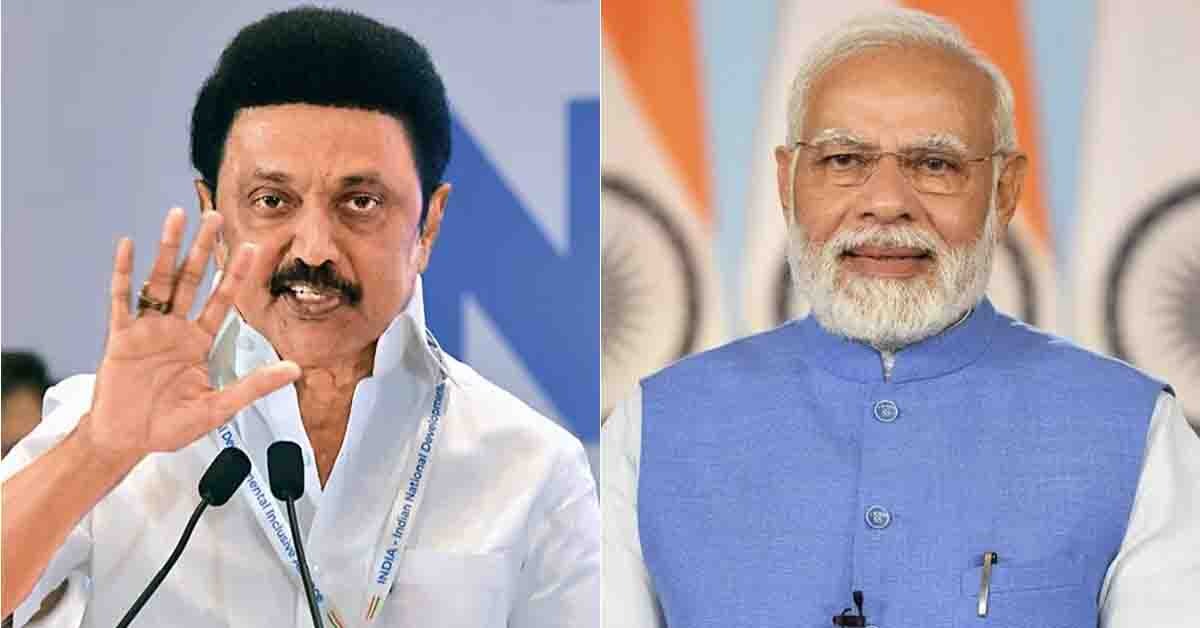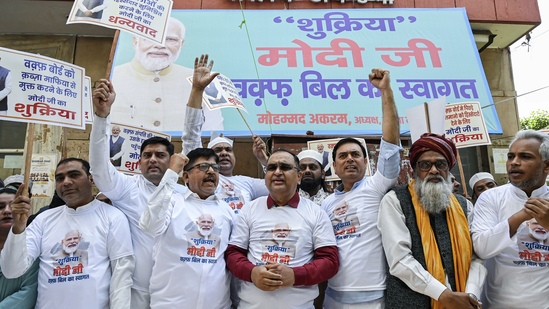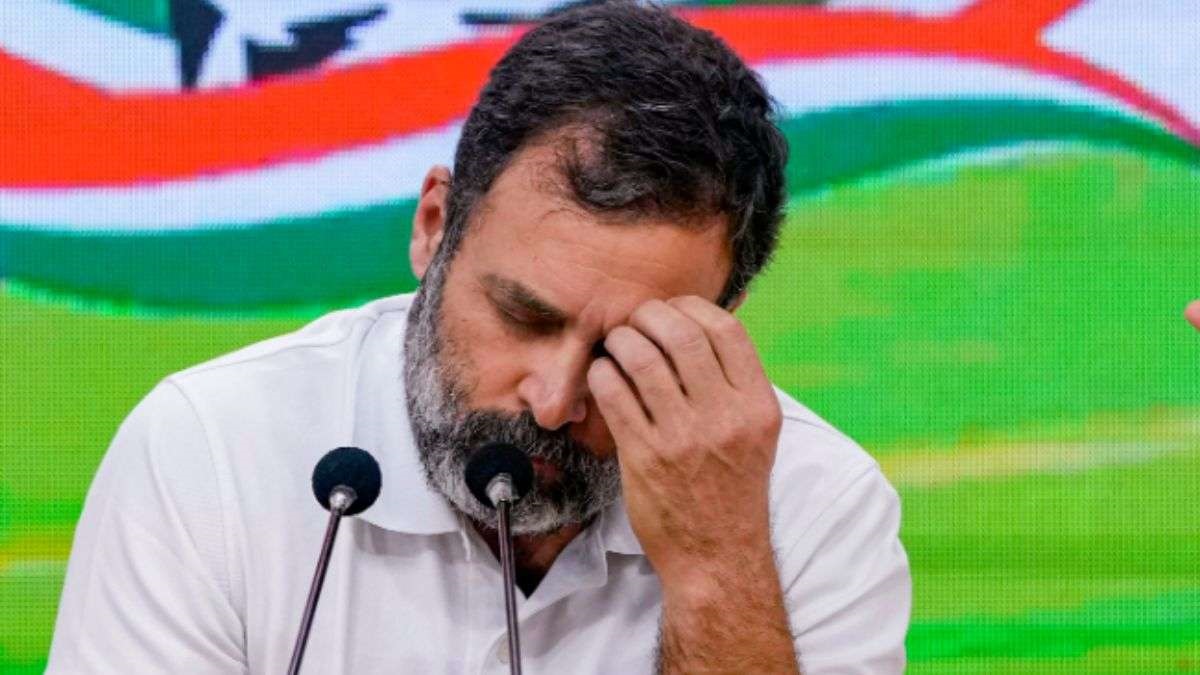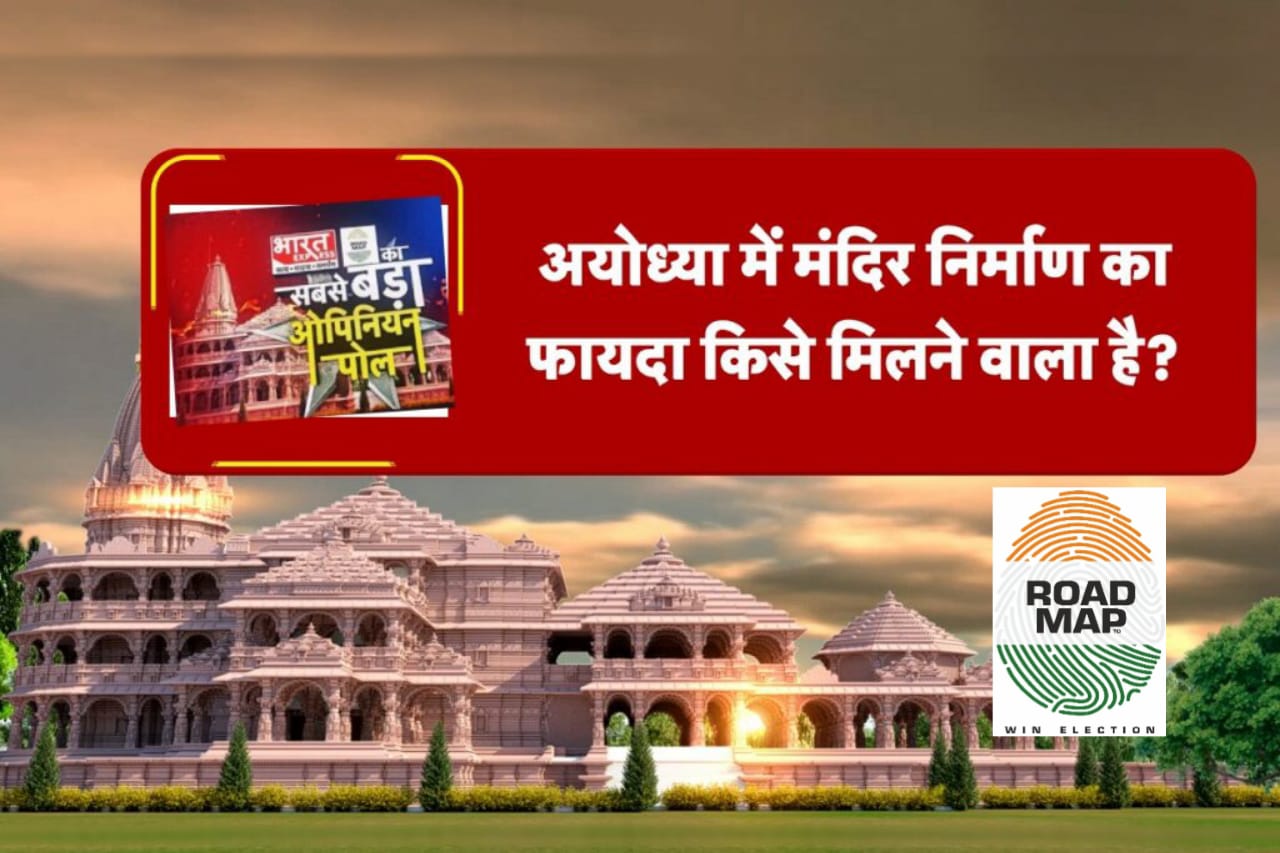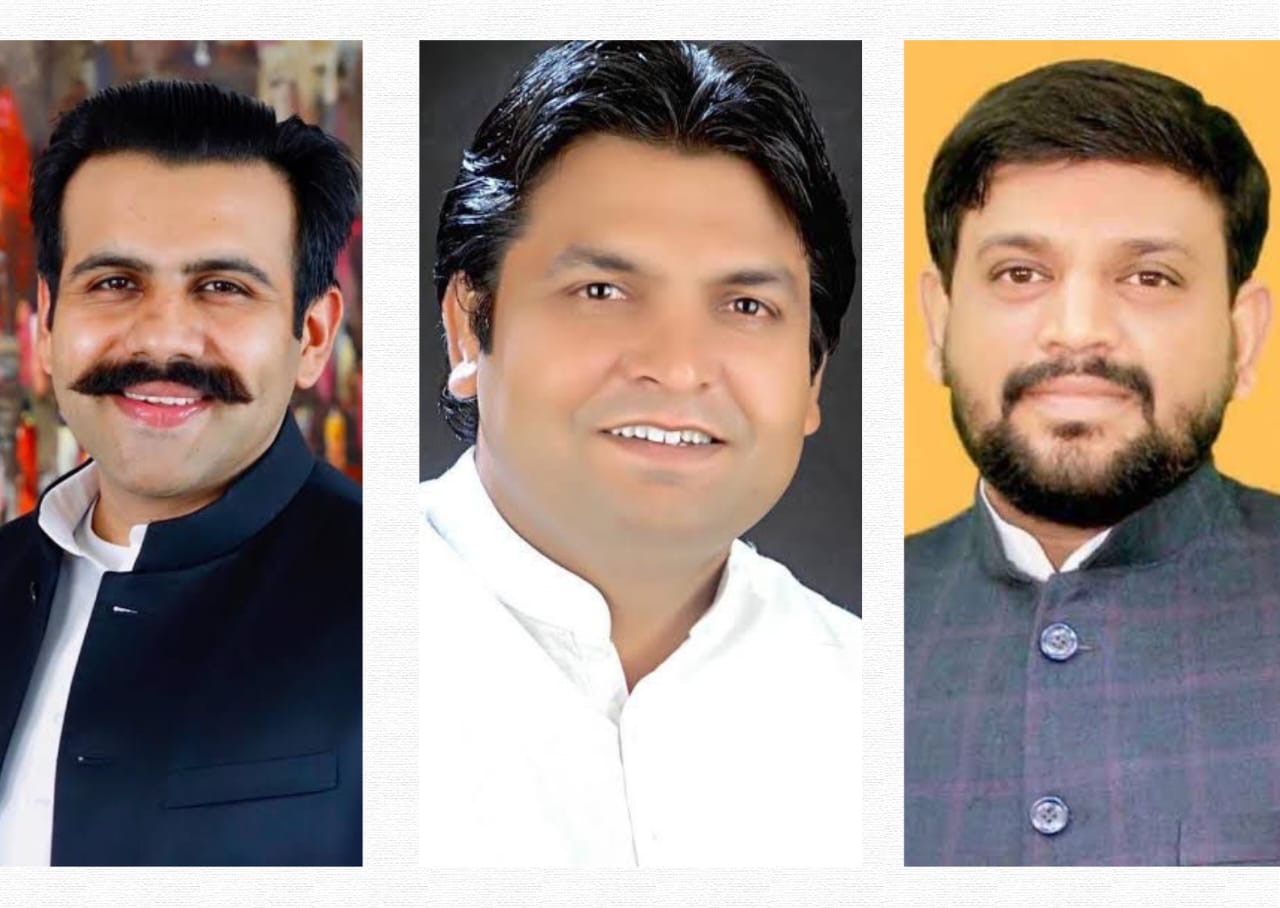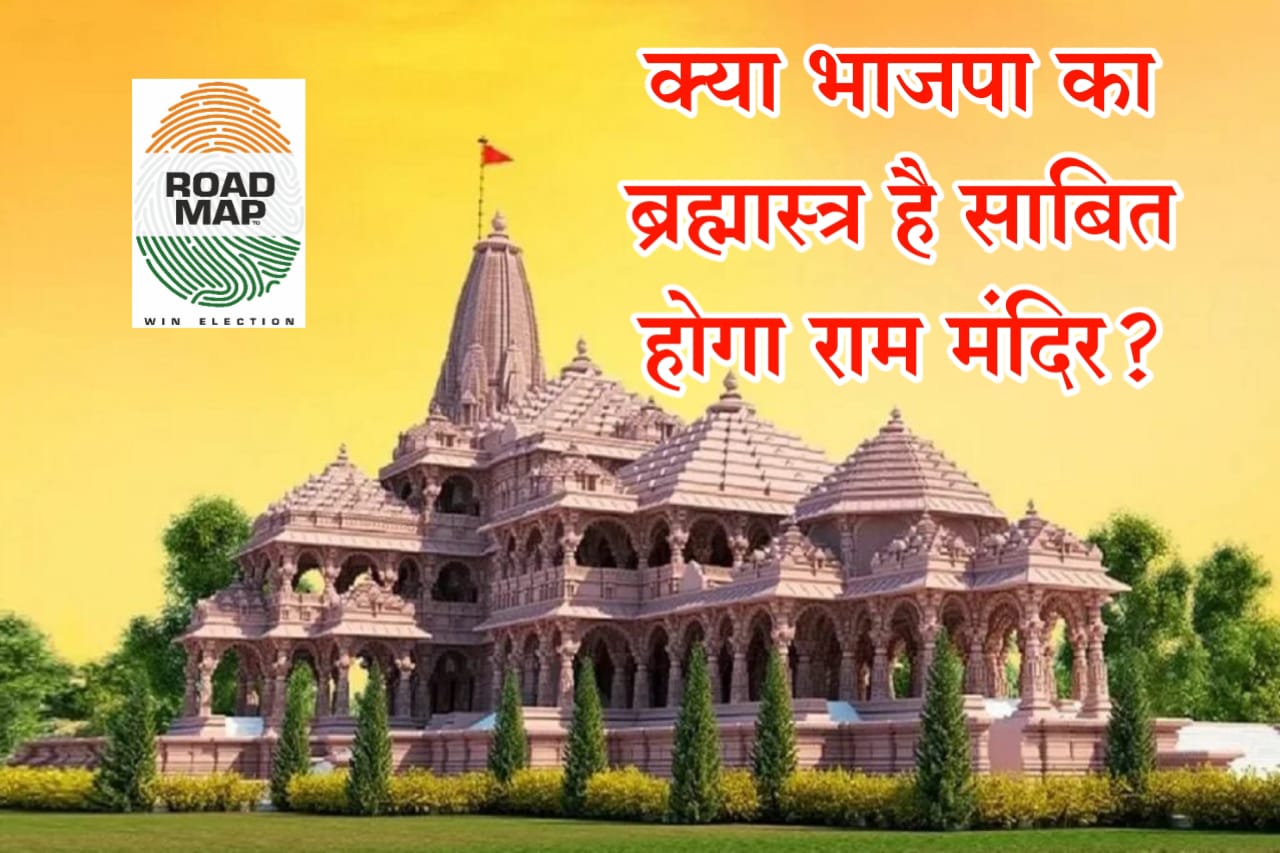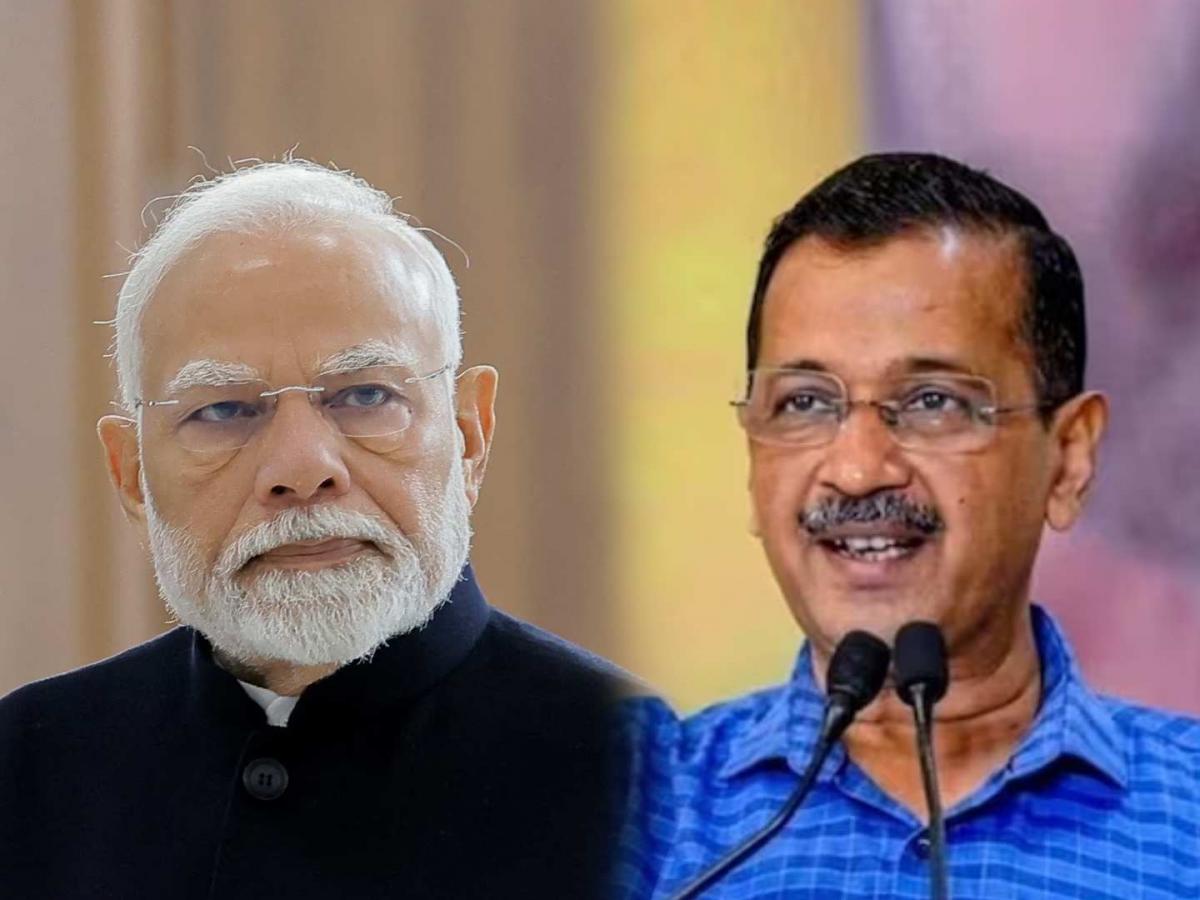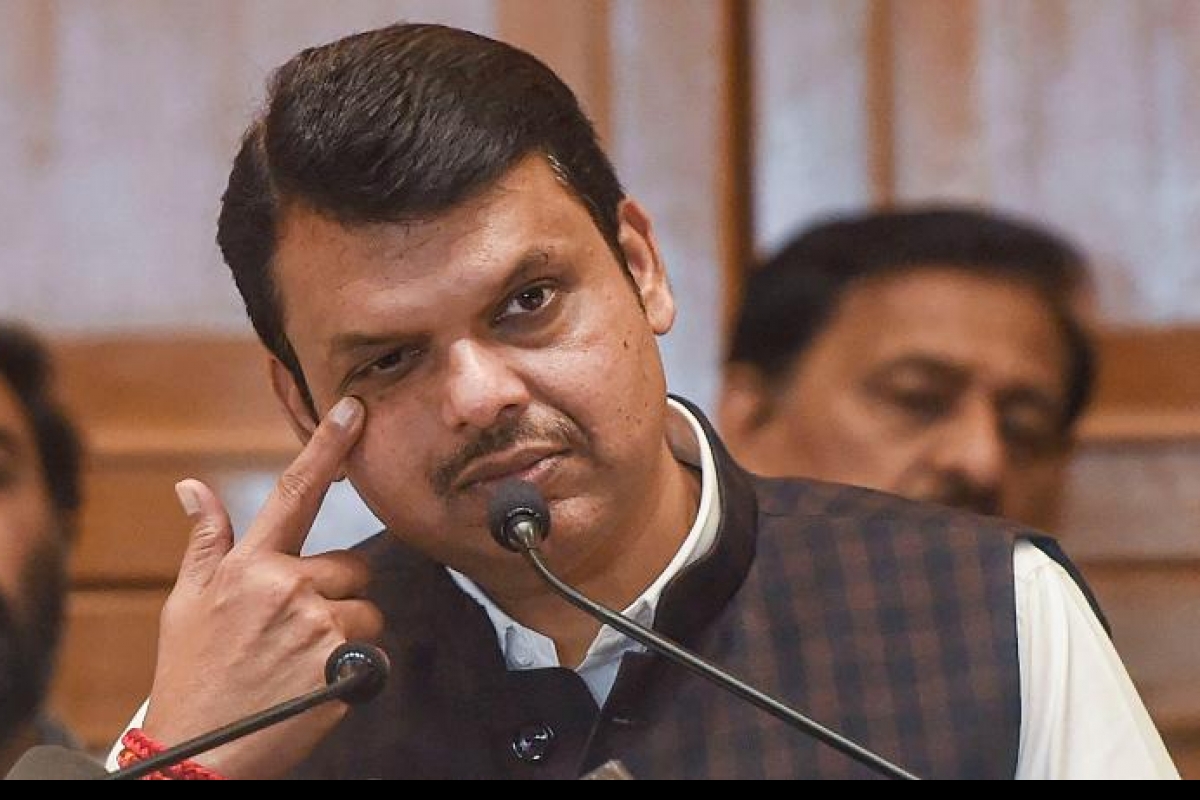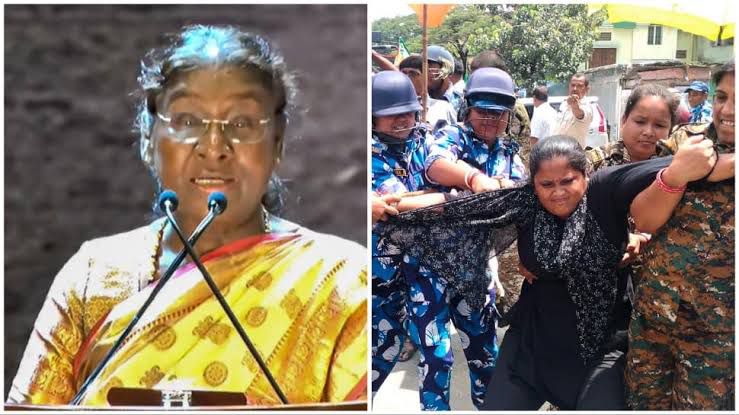As the term of the Delhi Assembly draws to a close on February 23, 2025, the political battlefield is heating up. After emphatic victories in Haryana and Maharashtra, the Bharatiya Janata Party (BJP) enters the fray in Delhi with renewed vigor. The party’s ambitions are clear: to break the stranglehold of the Aam Aadmi Party (AAP) and dethrone Arvind Kejriwal, who aims for a record third term as Chief Minister.
However, the political landscape in Delhi is nuanced and multi-layered. Kejriwal’s recent arrest in the alleged liquor scam and subsequent release have added complexity to the race. While the AAP leader hopes to ride a wave of sympathy and pro-incumbency votes, his government faces significant headwinds. The last five years have exposed cracks in the AAP’s governance model, leading to disillusionment among sections of its core voter base.
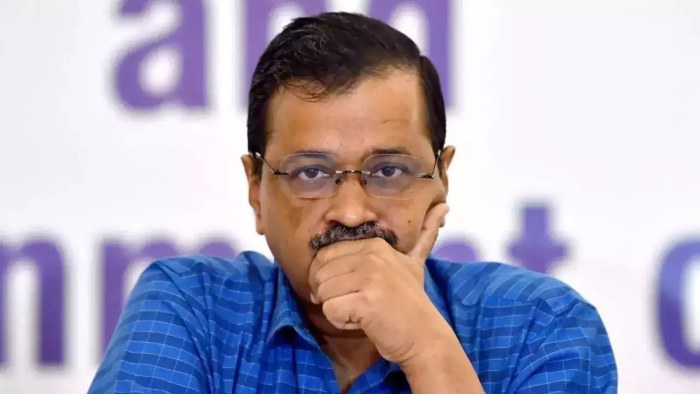
BJP’s Momentum vs. AAP’s Challenges
The BJP, bolstered by its recent successes, approaches this election with confidence, despite Delhi being a traditional stronghold for AAP in state politics. Historically, the BJP has swept Delhi’s seven parliamentary seats in both 2014 and 2019, but the assembly elections told a different story. This time, the BJP aims to leverage its improved performance against the formidable INDI Alliance in recent elections to translate Lok Sabha success into Vidhan Sabha victories.
For the AAP, however, the road to victory is riddled with challenges. Over the past five years, the party has faced a barrage of corruption allegations involving its key leaders, including Manish Sisodia, Satyendra Jain, and Sanjay Singh. Kejriwal himself has not been immune to scrutiny. The arrest of prominent figures and accusations of misgovernance have dented the party’s image, even among its once-loyal supporters.
Issues such as monsoon waterlogging, the polluted Yamuna river, deteriorating infrastructure, and mismanagement during the COVID-19 crisis have raised questions about the AAP’s administrative capabilities. The Delhi riots and road blockades under its rule have further eroded public trust.
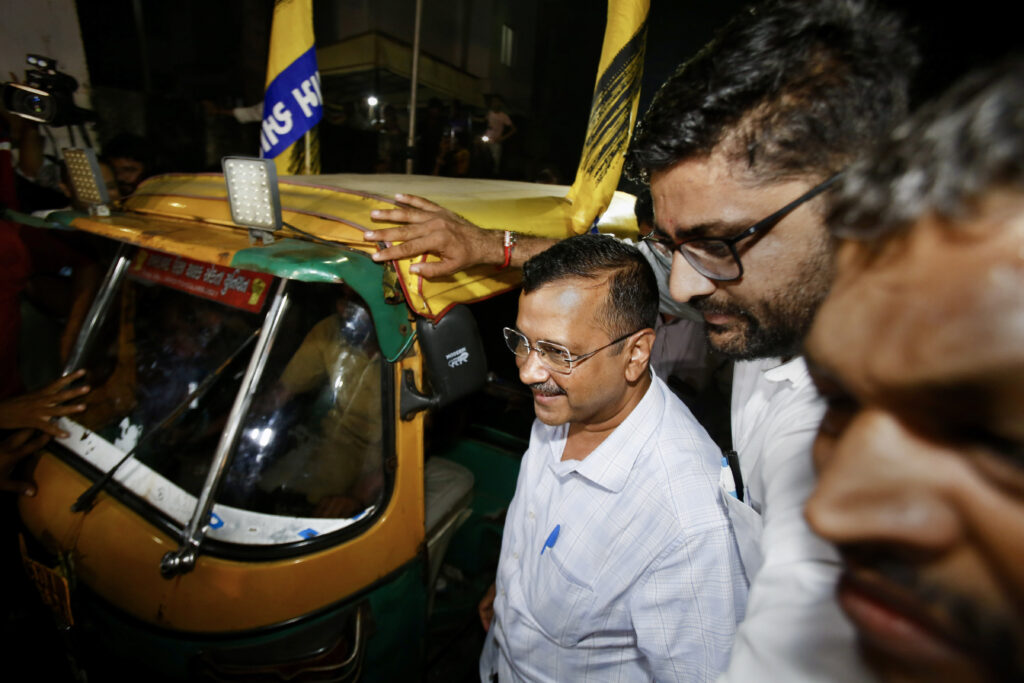
Fading Support: The Disillusioned Voter
The discontent among several key voter groups that once propelled AAP to power poses a significant threat to Kejriwal’s aspirations.
- Autorickshaw Drivers: This group, which once formed a robust support base for the AAP, now feels betrayed due to unfulfilled promises. Their anger is palpable and could translate into a shift in voting patterns.
- Temporary Workers and Civil Defence Staff: Protests by temporary staff, who were promised permanent positions but later removed from their jobs, have highlighted AAP’s inability to deliver on critical employment promises.
- Youth: Kejriwal’s ambitious promises to create jobs, provide free Wi-Fi, and enhance educational opportunities remain unfulfilled. With high unemployment and no visible progress, the youth—an influential voting bloc—appear disillusioned.
- Anganwadi Workers and Slum Dwellers: The lack of progress in improving living conditions for slum dwellers and anganwadi workers’ grievances over ignored demands have eroded AAP’s support among these crucial sections.
- Residents of Unauthorised Colonies: Despite promises of better infrastructure and regularization, these residents have seen little improvement, deepening frustration with the AAP government.
The Atishi Marlena Factor
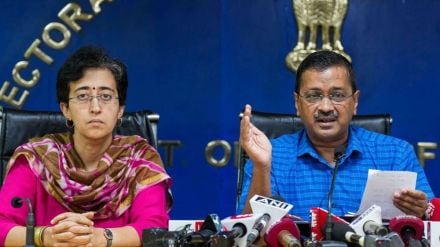
Arvind Kejriwal’s decision to project Atishi Marlena as a potential successor has sparked internal debates. Critics argue that Marlena’s selection reflects Kejriwal’s desire to consolidate control over the party by choosing someone without a substantial support base. While Marlena’s leftist credentials may attract niche ideological support, her perceived lack of autonomy risks alienating senior AAP leaders and the broader electorate.
The Stakes
Delhi’s upcoming assembly elections are not just a test for AAP but also an opportunity for the BJP to establish itself as a credible alternative. For Kejriwal, it is a battle to reaffirm his leadership and redeem his party’s reputation. For the BJP, it is a chance to end AAP’s dominance and prove its capability to govern the capital city effectively.
As Delhiites prepare to cast their votes, the choice before them is stark: to reward AAP for its past achievements or hold it accountable for its perceived failures. The verdict will shape not only the city’s governance but also the trajectory of Indian politics in the years to come.

